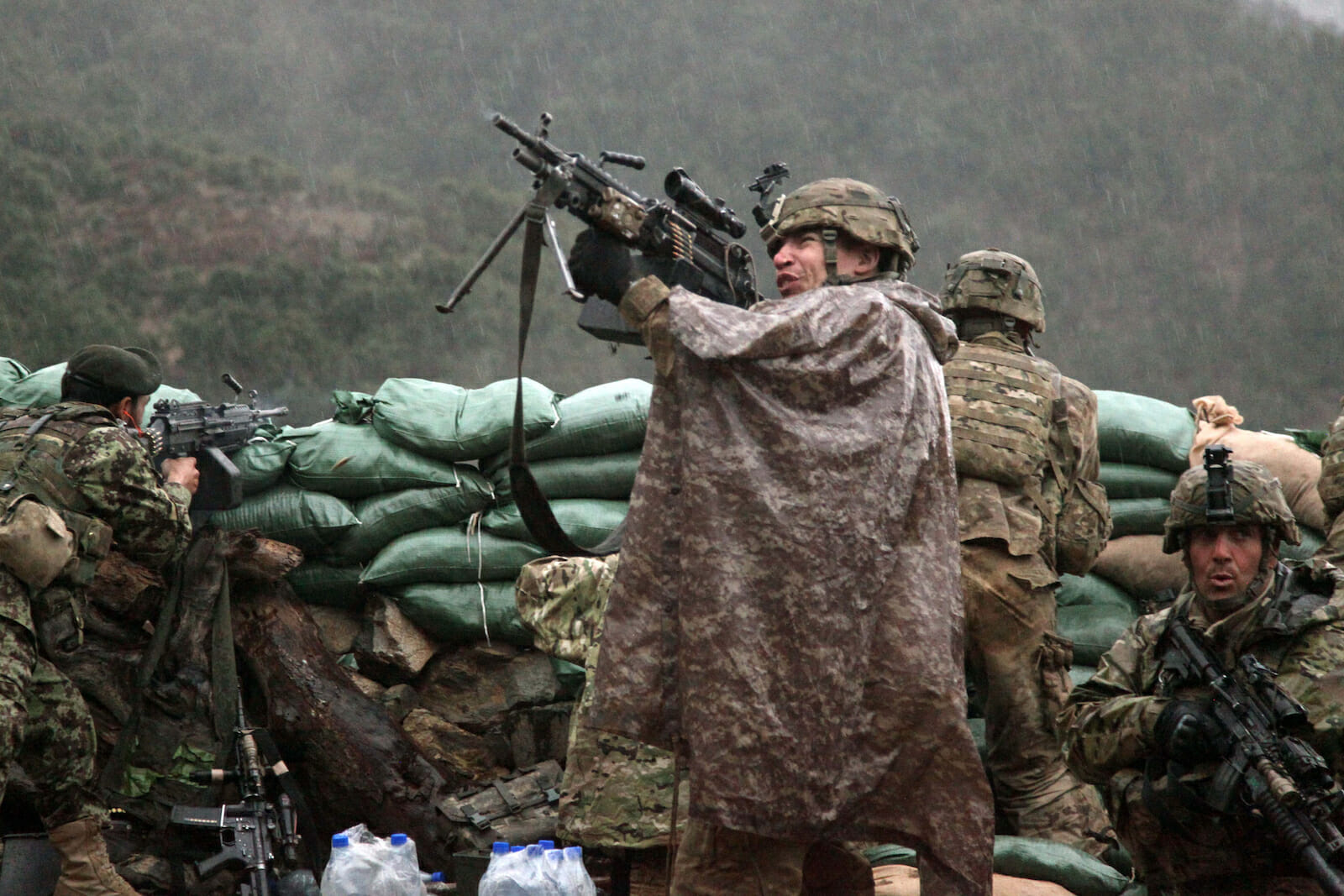
U.S. Sending Mixed Messages on Afghanistan
“It is time to end this war, end the longest war in United States history.” – Sen. Jeff Merkley, D-OR
After more than a decade at war, the United States’ leaders are still unable to decide on a single policy in Afghanistan, with some still searching for reasons to stay while others are ready to move on. On one side, the U.S. Senate, in a notable show of bipartisanship, voted 62-33 last week to accelerate the withdrawal of the remaining U.S. combat forces from Afghanistan ahead of the official 2014 drawdown date. The measure’s sponsor, Senator Jeff Merkley (D-Oregon), argued that Al Qaeda’s influence in Afghanistan is minimal and that counterterrorism operations should focus on terrorist strongholds elsewhere.
The same day, Secretary of Defense Leon Panetta gave a joint press conference with Israeli Minister of Defense Ehud Barak in which he described an “enduring presence” in Afghanistan even after the conclusion of the NATO mission, citing the potential resurgence of Al Qaeda’s influence in the region as a risk.
The operations would be primarily counterterrorism, hunting down any remaining Al Qaeda militants while simultaneously providing training and support to the Afghan Military. Currently, there are approximately 66,000 American troops deployed in Afghanistan, but as many as 10,000 could remain after 2014. Popular support for the war remains low – a Gallup poll taken last spring revealed that half of the country believes that the U.S. should speed up its withdrawal timeline and leave before 2014. Yet even faced with these numbers, the Defense Department is trying to sell a version of reality that requires a continued presence into the foreseeable future.
In contrast, France ended its combat mission in Afghanistan last week a full two years ahead of the NATO transition schedule, fulfilling a promise made by recently elected President François Hollande. Germany, the third largest contributor of forces in Afghanistan behind the United States and Great Britain, approved a new federal mandate last week to reduce its commitment from 4,600 to 3,300 by February 2014. However, with parliamentary elections to be held next year and two-thirds of the population consistently against the war, political pressure may cast doubts on the stability of the Germans’ commitment as well.
Opponents of an accelerated withdrawal, and indeed opponents of withdrawal in general, argue that leaving Afghanistan would forfeit the gains of the last several years and allow the Taliban to reemerge as the dominant force within the country’s political dynamics. The lives of those lost, then, would have been for nothing. But such logic is flawed. Psychologically it’s the same as a player who won’t fold in a poker game despite a bad hand because he has already committed too much money to the pot. He knows he’s likely to lose, but feels compelled to stay in until the bitter end.
War is not a card game, but in both cases stubbornly sacrificing more in the face of a nearly certain outcome is wasteful and counterproductive. We cope with our losses by continuing to bet more, which only delays the inevitable acceptance of the result. Getting out is hard, especially if we believe there to be even a small chance of success. We cling to the hope that everything will work out if we wait just a little longer, invest just a little more, or fight just a little harder. Continuing the fight, then, gives us the feeling that what we’ve already lost was not for nothing.
The best way to honor those who fought and died, though, is to accept reality and withdraw without suffering more losses. We honor our fallen soldiers by bringing home their brothers and sisters rather than by gambling with their lives in the name of ‘staying the course.’ The mixed messages coming from Washington are frustrating at a time when clarity seems most necessary. But in a nation where such a small percentage of the population bears the burden of these debates, it’s easy to be in favor of staying the course if you aren’t affected by the consequences.
